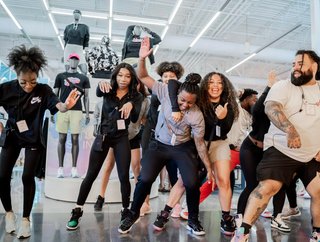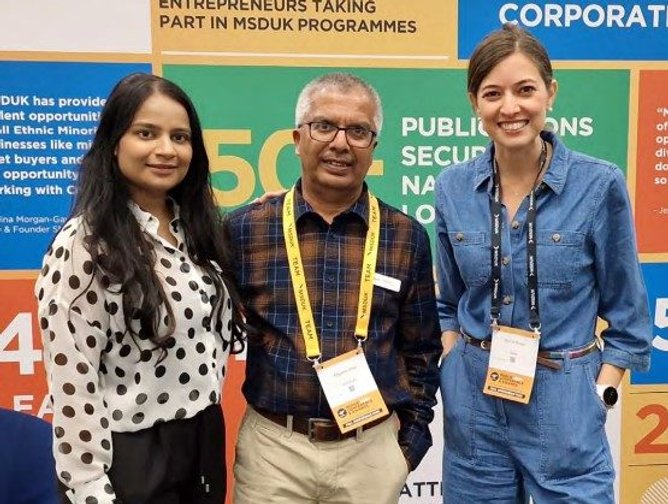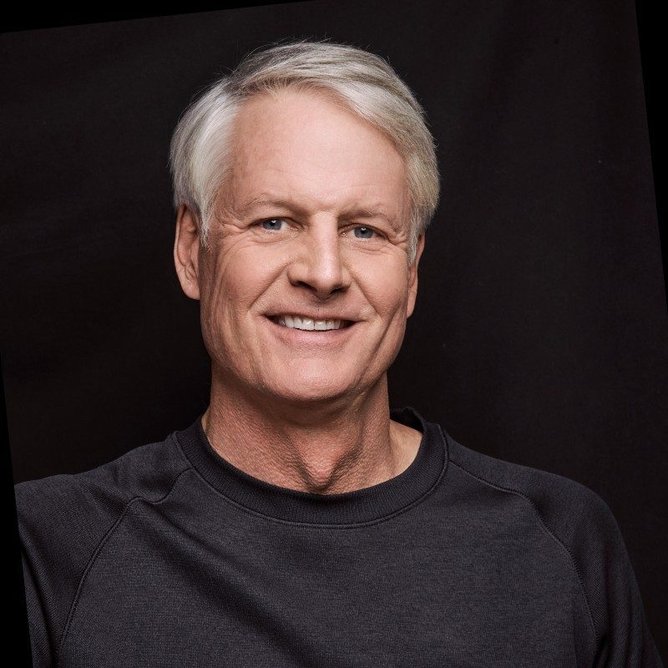Nike Exceeds US$1bn Diverse Supplier Spend Two Years Early

One of the world’s popular and most iconic sportswear brands has not only surpassed a major diversity goal two years ahead of schedule, but by a considerable margin.
Nike launched its Business Diversity and Inclusion (BDI) programme in 2021, laying out a five-year roadmap to creating a more diverse and inclusive workforce, including businesses in its supply chain and those it sources from.
The programme works to mirror the brand’s procurement base with its consumer base. Nike’s wealth of indirect suppliers — the companies it contracts to provide goods and services outside of its core product supply chain — are seen by the company as important players on its team which fuel the brand’s innovation and creativity.
Nike’s Diverse Supplier spend

Nike set a framework to spend US$1 billion with diverse-owned suppliers by 2025 as part of the programme. Its latest financials, for FY23, show that the brand has not only reached that milestone two years ahead of schedule, but managed to surpass it considerably, spending US$1.4bn. During FY21, that figure stood at US$282m, and rose to US$495 and US$600m in 2022 and 2023 respectively.
This achievement is largely due to expanding how we engage suppliers in all areas across NIKE – from Marketing to Security – as well as helping our suppliers in adopting some DEI best practices when they subcontract parts of their business that affect ours.
“Through our commitments to equity, accessibility and sustainability, we created meaningful change and paved the way for future generations to be able to enjoy sport,” John Donahoe, President and CEO of Nike said in the company’s FY23 report.

“These successes, as well as many others outlined in this report, prove what can happen when your actions are always grounded in a greater purpose. Whether it’s on the playing field or off it, we are setting new expectations for human potential in ways that impact our entire global community of athletes.
“We’re excited by what we’ve achieved in FY23. But what excites us even more is the impact we’ll continue to have.”
What impact has Nike’s diverse procurement had?
Working to the mantra that ‘through the power of community, Nike advances toward a better world for all’, the brand’s effort in this space — and clear-to-see success — has not only impacted the business itself but its collaborators and customers.
As summed up by Emily Parker, Nike’s Business Diversity & Inclusion Lead, this work is “so much bigger than Nike.”
“By hiring these organisations, we’re making an impact in the communities where Nike lives, works and serves — where our consumers live, work, and serve,” she explained.
This was echoed by Bruna Braga, Principal of Procurement Programs EMEA, who added: “Every country has its unique history, demographics, legislation and cultural framework. We have to understand the context and spend time learning about each of these elements. Building this program in the EMEA region is raising awareness not only among diverse suppliers, but to other corporations that operate here.”
The success of the programme is by no means stopping the effort put into it, nor shows any signs of it slowing down. Jason Cipriano, Senior Director of Procurement Programs at Nike, hopes that the BDI programme is the first thing people think about when they go to buy for NIKE.
He said: “They have a job to be done, a need in their department, and they ask themselves, ‘I wonder if there’s a diverse supplier in our ecosystem that can do this work for me?’ If we can get to the point where hiring diverse suppliers is one of the first things people think about, we really can have that broader impact.”
Other procurement highlights in Nike’s FY23 report
On top of its DEI strides, Nike has made noteworthy progress in another key area of its procurement function — carbon targets.
In the short term, Nike is helping to address challenges affecting transport, such as the higher costs associated with sustainable fuels. It is working to combat this by participating in collaborative procurement initiatives — including the Zero Emission Maritime Buyers Alliance, to put its weight behind the need for sustainable and accessible ocean shipping.
This also extends into air transport, with Nike backing several initiatives that contribute to the corporate jets’ sustainability programme. This includes efficiency in aircraft technology, as well as Nike’s procurement of sustainable aviation fuel (SAF).
Similar trends are apparent in where Nike procures its offsite renewable energy. Nike predicts that onsite renewable electricity can cover up to 15% of a facility’s electricity consumption, while procurement-based emission reductions have the ability to eradicate any remaining greenhouse gases as a byproduct of electricity generation.
Make sure you check out the latest edition of Procurement Magazine and also sign up to our global conference series - Procurement & Supply Chain LIVE 2024
**************
Procurement Magazine is a BizClik brand






